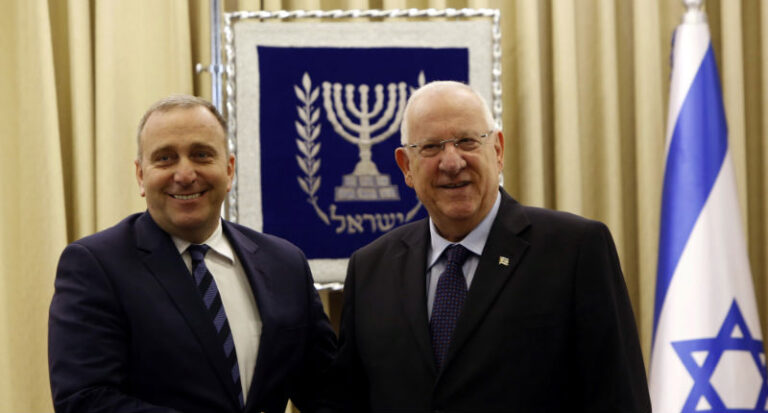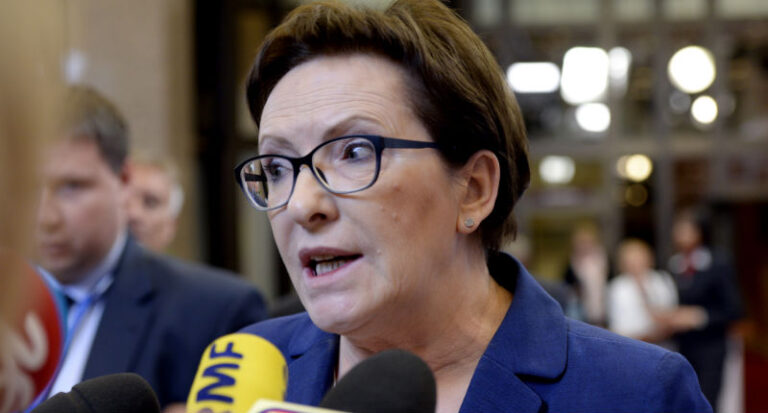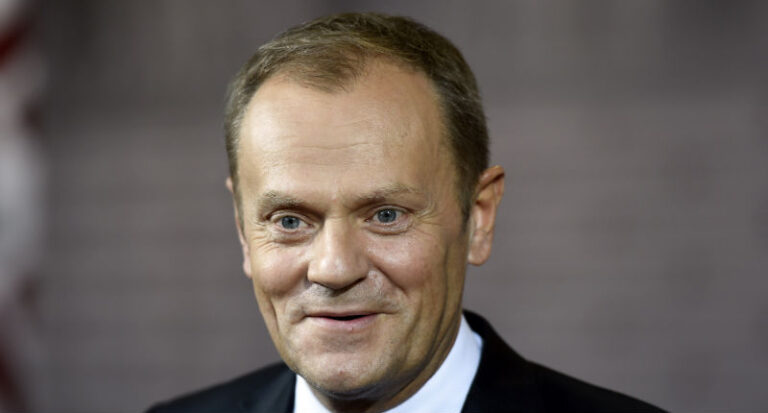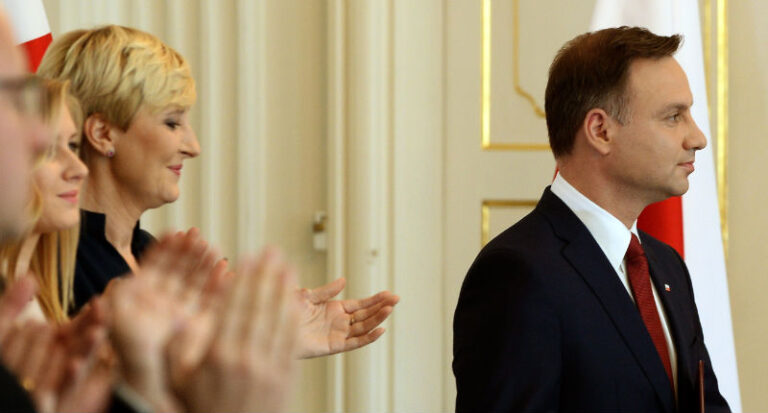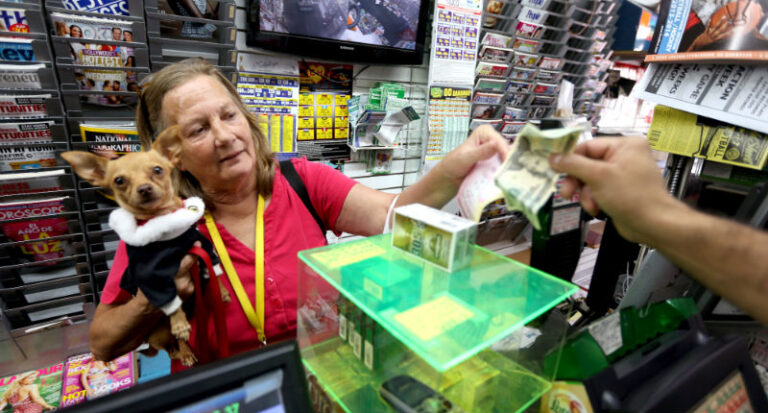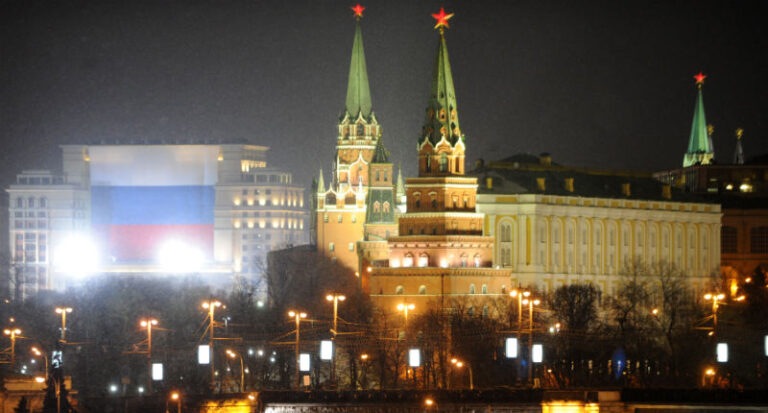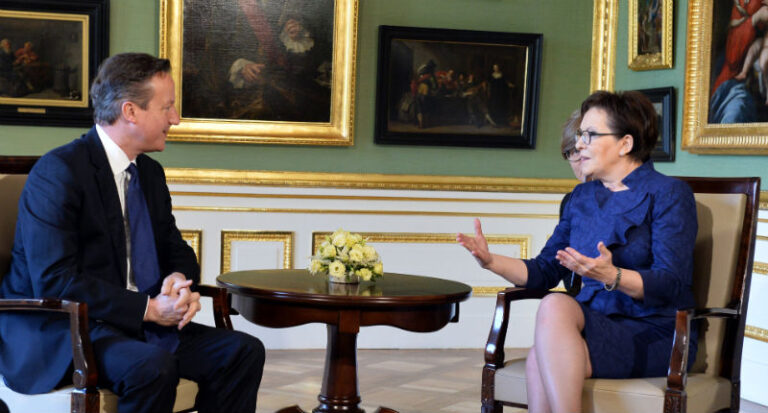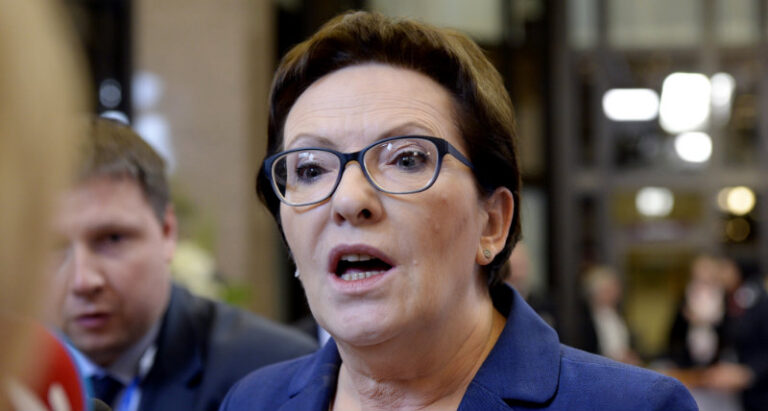Following Wednesday’s announcement by Prime Minister Ewa Kopacz of the resignation of six ministers and deputy ministers as well as a string of other top politicians, we take a look at the possible answers to why they relinquished their posts.
The dismissals came as a whirlwind which swept through the ruling Civic Platform (PO) gathered momentum on Monday evening following the publication by businessman Zbigniew Stonoga of 13 files of the ongoing Prosecutor’s investigation into last year’s finance tape scandal.
By Tuesday morning, over 2,000 documents had been released into the public domain, including the transcripts of witness testimonies as well as their private data, as well as the full names of potential suspects in the case.
Major dismissals included those of Health Minister Bartosz Arłukowicz, Treasury Minister Włodzimierz Karpiński, Sports Minister Andrzej Biernat, as well as Parliamentary Speaker Radosław Sikorski and political aide to the PM, Jacek Rostowski.
Head of the secret services, Jacek Cichocki was also fired, with Kopacz on Wednesday saying that he had accepted the blame for not providing enough protection for the politicians from being bugged.
Other politicians to go are deputy ministers Stanisław Gawłowski as well as Tomasz Tomczykiewicz, who were in the environment and economy ministries respectively. Their names have so far not been linked to the ongoing scandal.
Meanwhile, Rafał Baniak was deputy minister at the treasury for eight years. Businessman Marek Falenta, one of the key suspects in the tape scandal, has claimed that Baniak tried to persuade him to sell a coal company, while pro-conservative broadcaster TV Republika reported last year that Baniak allegedly accepted bribes over the privatisation of chemical producers Ciech. Baniak has denied the allegations.
Health Minister Bartosz Arłukowicz
Arłukowicz became health minister in 2011, and despite introducing some legislation on the refunding of IVF as well as a package for the treatment of cancer patients, previously his name often cropped up in earlier speculation on cabinet reshuffles.
Arłukowicz was previously a member of the Democratic Left Alliance, and in 2009 became the deputy leader of a parliamentary committee investigating the so-called ‘Gamblegate’ lobbying scandal, which was the most serious to hit the government after just two years in office and called into question how serious then-PM Tusk was in ending possible conflicts of interest between politicians and industry.
In the present tape scandal, even though no transcripts have been released of any conversation Arłukowicz may have held, his name does appear in related documents.
He is also known to be a regular client at the Sowa i Przyjaciele restaurant where the recordings were made.
Treasury Minister Włodzimierz Karpiński
Karpiński took the helm of the state coffers in 2013 after the dismissal of Mikołaj Budzanowski following revelations that the latter had no knowledge of a memorandum which Poland’s PGNiG had signed with Russia’s Gazprom agreeing to assess the costs of a possible new gas pipeline which could enter Poland via Ukraine.
Under his wing, the Treasury oversaw state-owned energy groups’ investments on new power sources, and following Russia’s attempts to influence Grupa Azoty, he initiated work on legislation which would put a stop to hostile takeover bids of strategic Polish companies. Karpiński also continued the consolidation of Polish Arms Group.
One of the government development programmes under Karpiński’s watch was lambasted by then-interior minister Bartłomiej Sienkiewicz and central banker Marek Belka.
Media speculated as far back as September 2014 that Karpiński was for the chop after he called up a former aide of PM Donald Tusk, Igor Ostachowicz, to become a board member of state-owned oil and gas producer PKN Orlen without Kopacz’s knowledge. Ultimately, Ostachowicz did not take up the position and Karpiński stayed on as minister.
Transcripts released by the Wprost weekly include Karpiński speaking to his deputy Zdzisław Gawlik and the CEO of PKN Orlen Jacek Krawiec, who scheme against a member of the junior coalition Polish People’s Party (PSL) linked to the treasury ministry, Jan Bury.
Sports Minister Andrzej Biernat
Andrzej Biernat is considered to be one of the closest colleagues of former justice minister Cezary Grabarczyk, who was resigned earlier this year. A clique led by Grabarczyk was reported to be in an internal conflict within the party against Foreign Minister Grzegorz Schetyna.
A day after the presidential election, which saw the ousting of Bronisław Komorowski – who had the backing of PO – Biernat emotionally spoke how it was Komorowski’s team which had lost the vote, not the party.
No transcripts involving Biernat have so far been published, although back in March, the Do Rzeczy weekly reported that one of the accused in planting the bugs had testified that Biernat had been recorded making jibes at leading Polish sports personalities.
Jacek Rostowski
A former finance minister and deputy PM, over the past four months Rostowski was chief advisor to Ewa Kopacz.
Rostowski was one of the key figures embroiled in the tape scandal, with the Wprost weekly publishing the transcripts of his conversations with the then-foreign minister Radosław Sikorski.
Conversations turned to the opposition party Law and Justice (PiS), as well as mocked Polish-American relations. They also spoke about the candidacy of Danuta Hubner to the European Parliament, deriding her “as an old commie”. Rostowski later apologised for the remark.
Radosław Sikorski
When the tape scandal erupted, Sikorski still held the post of foreign minister, after which he became speaker of the Sejm lower parliamentary house. Following the re-emergence of the scandal, he has since resigned from that post as well.
Sikorski was one of the largest political figures to be involved in the tape scandal.
Speaking frankly with Rostowski, Sikorski made derogatory remarks about Poles’ mentality and on the international stage, that the Polish-American alliance is “worthless”. “It’s bullshit,” he is reported as saying.



